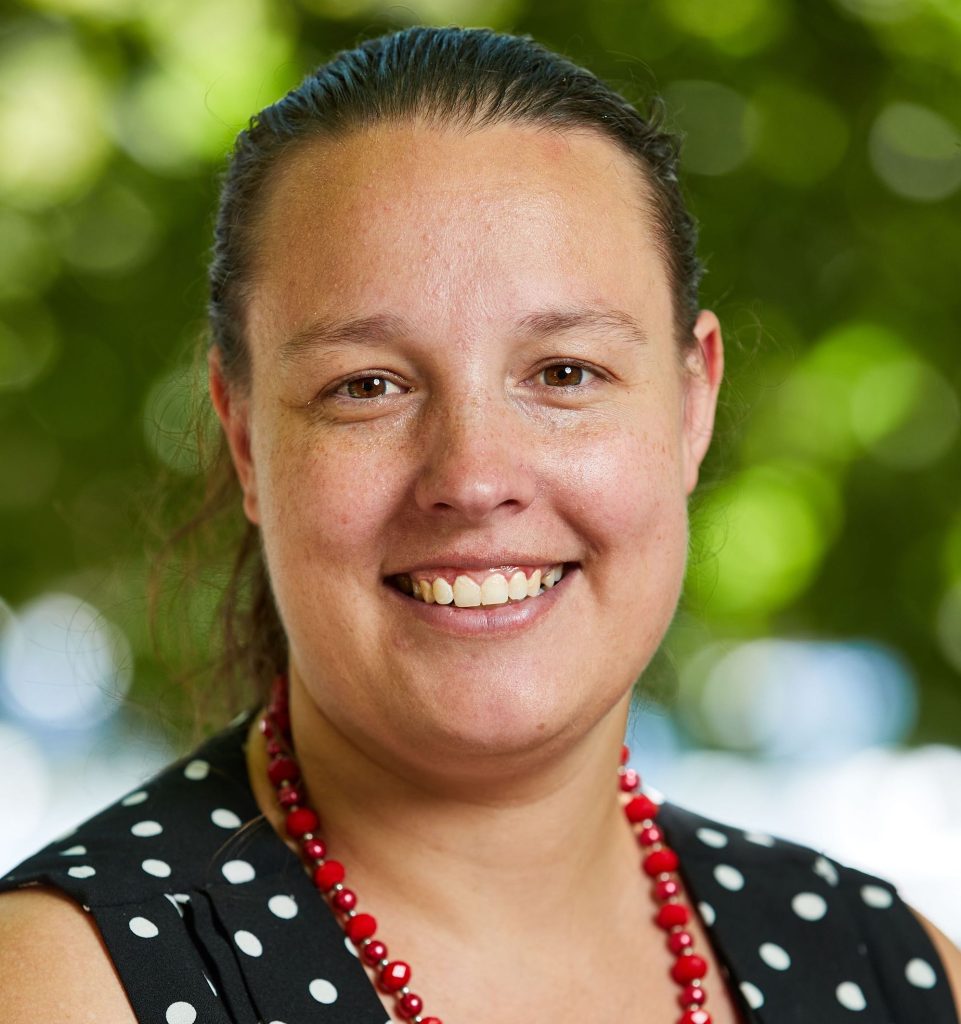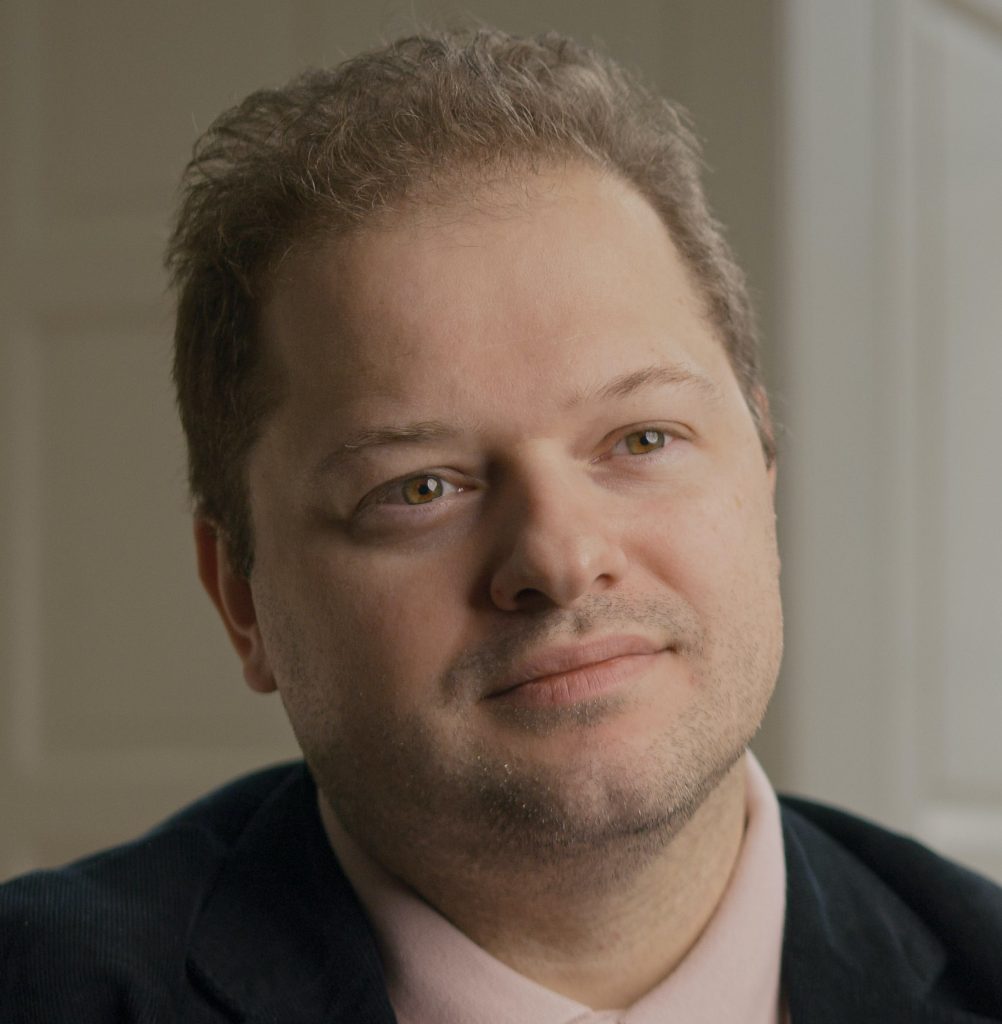Charles Dukes: A Prisoner of Conscience Who Helped Draft the Universal Declaration of Human Rights

Fearghas O’Beara is head of unit at the European Parliamentary Research Service and a doctoral student at the Pontifical Gregorian University, Rome, Italy. This post is excerpted from an article in the December 2023 special issue of The Review of Faith & International Affairs commemorating the 75th anniversary of the Universal Declaration of Human Rights.
The Former-Felons’ Feast
On the evening of 9 January 1924, a group of 19 ex-convicts—both men and women—gathered within the confines of the British Houses of Parliament in London. This motley crew were not plotting a re-enactment of Guy Fawkes’s attempt to blow up Parliament three centuries earlier, but they were all purveyors of highly explosive ideas—ideas that the British Establishment of the early twentieth century decided merited being put behind bars.


